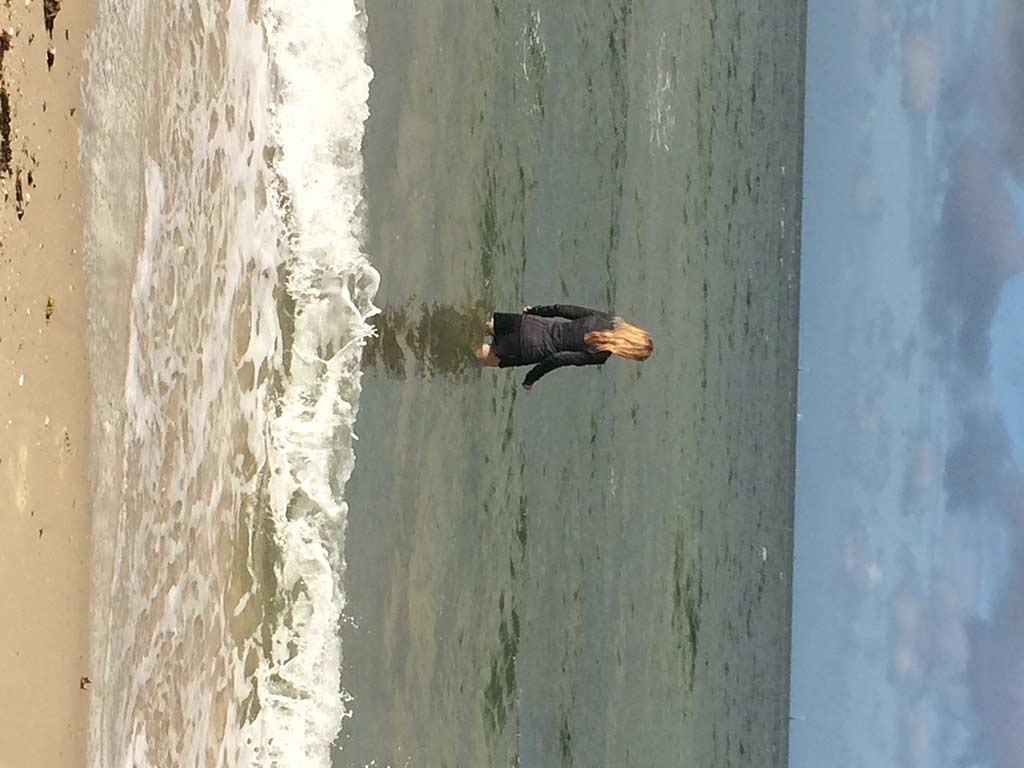Beach Recovery in winter…..are you serious?!
Every Sunday morning in the middle of winter, groups of AFL, soccer and rugby players can be seen huddling together in their hoodies, waist deep in the freezing, icy water that is Port Phillip Bay. From the beaches of Brighton to Port Melbourne they gather, spending 30 minutes or more numbing their bruised and battered bodies from the previous days showdown on the footy field.
Now I am sure you are all thinking they must be seriously crazy! I know myself that I can barely last 30 seconds with my toes in the water before I feel like passing out!! But on a serious note….what are they actually doing and why? And should we be taking a leaf out of their books and joining in on the torture?!
It’s called a beach recovery session, a form of hydrotherapy that many athletes utilise to help lessen the effects that high intensity and high impact exercise has on the body. High intensity exercise causes micro-trauma or tiny tears to muscle fibres, leading to inflammation and muscle soreness or DOMS (delayed onset muscle soreness). This means that recovery post exercise is every bit as important as the exercise itself, particularly if you want to exercise every day.
Icy cold water is thought to constrict blood vessels, helping to flush out lactic acid from the tissues, and reducing swelling and tissue breakdown. Once coming out of the cold water, blood flow and circulation increases as the body gets warmer, improving the healing process. Studies* have shown that water recovery sessions for 30 minutes post high intensity exercise significantly reduce muscle soreness and stiffness, and improves muscle function and power. Translation……the next day post-workout you will feel a lot better and ready to exercise again.
Personally I was really surprised after the first couple of times I tried jumping in the bay after a long run. The reduction in stiffness and pain in my legs the next day was significant, enough to surprise me, and I obviously have studied the physiology of ice therapy at university! I definitely find that my body is ready to run again a lot sooner when I do make the effort to get down into the bay after a long run.
So next time you finish a long run or hard weight session at the gym, grab your beanie and puffer jacket and head on down to the beach and try it out for yourself, you may just find it gives you that edge you’ve been looking for 🙂
~Sally
*Takahashi, J, Ishihara, K and Aoki , J 2006. ‘Effect of aqua exercise on recovery of lower limb muscles after downhill running’, Journal of Sports Sciences, 24(8) pp. 835-42.

